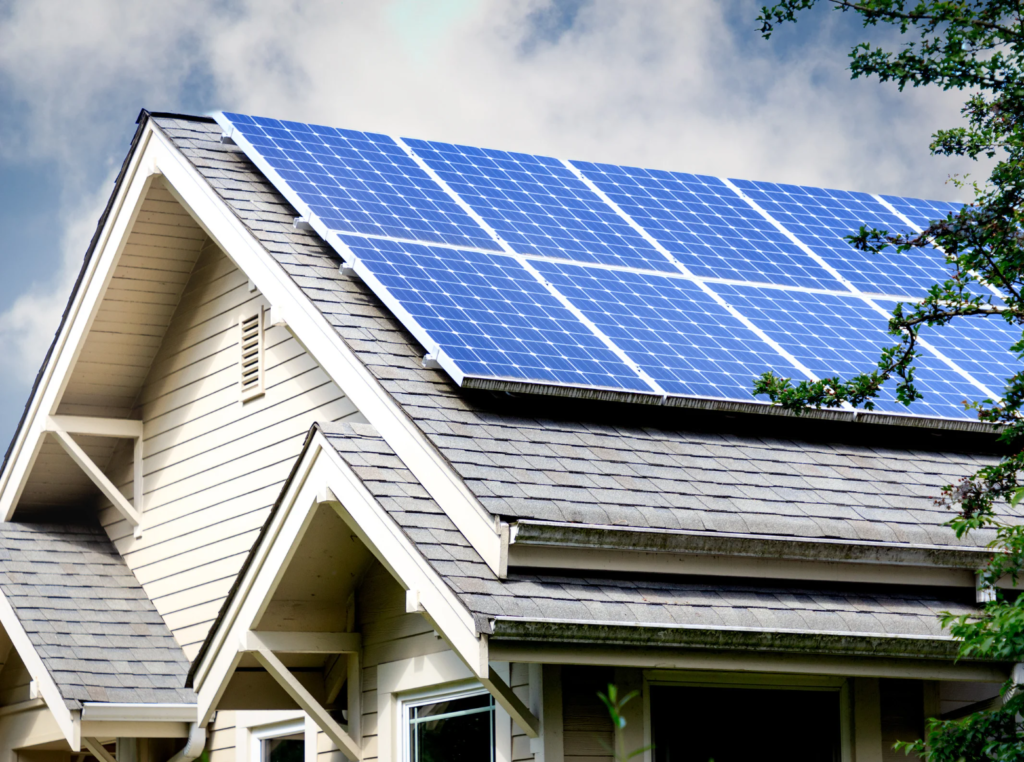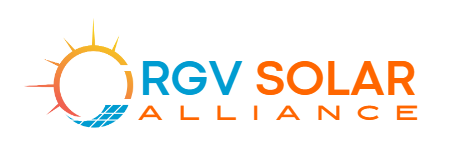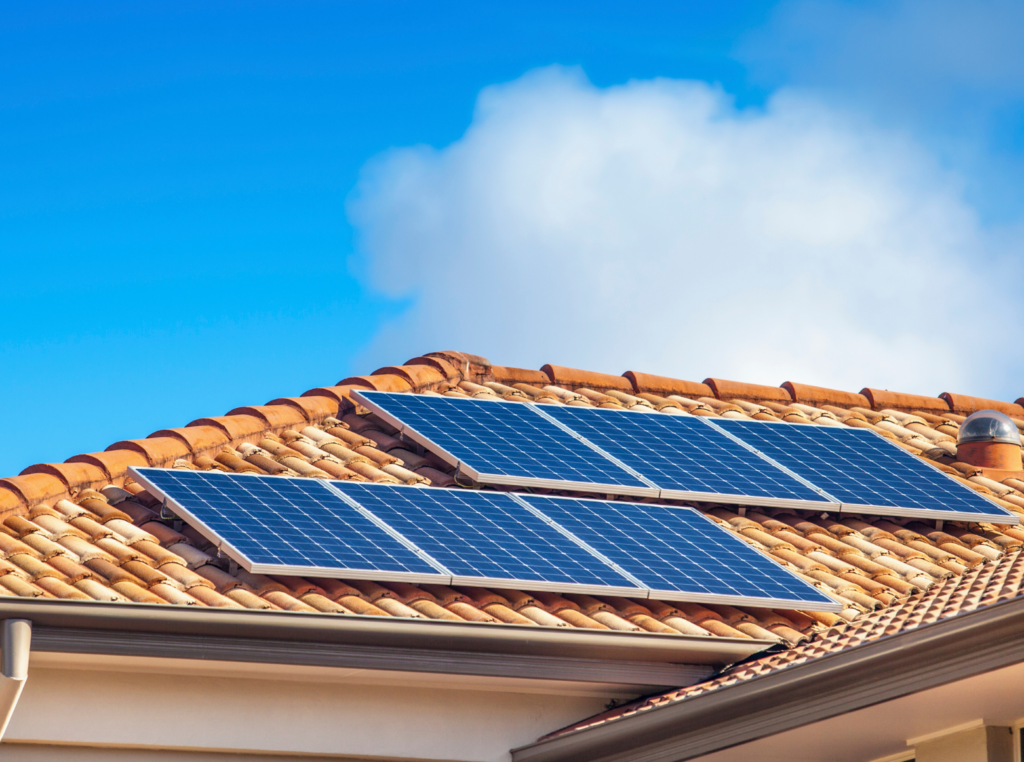Learn to Avoid Solar Ad Scams Online.
Get A Free Quote. Please Fill Form Below.
The “Free Solar Panels” Ad Scam
In this scenario RGV Solar Alliance is referring to a type of scam in which a company or individual claims to offer free solar panel systems to homeowners. In some cases, the company may request a deposit or an upfront fee before failing to deliver the promised solar panels or providing inferior quality panels. In other cases, the company may use high-pressure sales tactics to try to convince homeowners to sign up for expensive financing or leasing agreements for the “free” solar panels without disclosing the true cost or terms of the agreement.
If you are considering installing solar panels at your home, it is important to do your research and carefully evaluate any offers or agreements. Here are some tips to help protect yourself from solar panel scams:
What to Look for:
- Be wary of unsolicited offers or door-to-door sales pitches. If someone contacts you out of the blue and offers free solar panels, it is likely a scam
- Do your homework. Research the company and the products they offer, and read reviews and testimonials from other customers. Check with your state’s consumer protection agency or attorney general’s office to see if there have been any complaints filed against the company.
- Get multiple quotes. Get quotes from multiple reputable solar panel installers and compare prices and terms.
- Don’t sign anything on the spot. If a salesperson pressures you to sign an agreement or make a deposit immediately, it is a red flag. Take the time to read and understand the terms of any agreement before signing.
- Don’t pay upfront. It is not uncommon for solar panel installers to require a deposit, but be cautious of any company that asks for a large upfront payment.
- Know your rights. Federal and state laws protect consumers from deceptive and fraudulent sales practices.
If you think you’ve been scammed by a solar panel company, you should call the Consumer Protection Agency in Texas and the Federal Trade Commission (FTC). You may also want to seek legal advice. If you have any questions you may also contact us at anytime.
The “Rebate Program Ads” Scam
This type of solar scam in which a company or individual claims to offer a solar rebate program or other financial incentives to help homeowners go solar. In some cases, the company may ask for a deposit or upfront fee, and then fail to deliver the promised rebate or financial assistance. In other cases, the company may use high-pressure sales tactics to try to convince homeowners to sign up for expensive financing or leasing agreements for solar panel systems, without disclosing the true cost or terms of the agreement.
These solar ad scams claim that the government is offering a rebate program to help you go solar. This is almost never true. In fact, the government has never offered free solar panels to anyone, but many state and local government programs offer rebates to help offset the cost of installing a solar panel on your home or business.
Solar ad scams often claim to give you free solar panels, and may even offer to install the panel for free. They may also claim that you can get a solar loan or that you will have a free solar panel for life. In reality, these are all scams.
The “Lead Generating” Ad Scam
Other solar ad scams are those related to lead generators. These companies post advertisements on behalf of solar companies. This is because the company needs to acquire contact information to sell you its products. Some of these companies will share your information with other companies. Some will even send you spam. However, these are not the only solar ad scams, so make sure you do your homework before you sign a contract with a company.
The “False Claims Ad” on Social Media
Other ads to look out for are solar ads on social media that represent false claims. They are often associated with a lead generator, which is a company that provides solar providers with leads. The company uses a sophisticated algorithm to find people who are interested in a particular product or service.
In the online market, these solar ads that are scams are not uncommon. Typically, they are the ones that you see on Facebook and other social media sites. They usually have some sort of impressive claim, such as the “biggest state tax rebates for solar panels” or the “solar energy technology that is worth the money”. Some of these ads are actually feigning legitimacy by using “.org” URLs or other legitimate-looking URLs. Some of these ads even include a picture of a politician signing legislation that will increase the solar industry.
If you suspect that you have been a victim of a lead generation scam, report it to your state’s consumer protection agency and the Federal Trade Commission (FTC). You may also want to seek legal advice. Contact us to learn more.

FAQS About Solar Ad Scams
Is solar a pyramid scheme?
Have you ever heard solar described as a “pyramid scheme”? It’s one phrase solar companies have had to grapple with since solar scams began appearing in the solar industry. Solar scams use deceptive strategies such as high-pressure sales and false promises of free solar panels to trick unsuspecting homeowners into signing unethical contracts for solar installations that put people at financial risk, leave them with subpar solar systems and higher electricity bills, or both.
Unfortunately, solar scams are still out there, but by doing your research and only working with reputable solar installers, you can make sure you get the best solar system for your home — without getting scammed.
Share Your Solar Experience With Us.
Get involved in our solar community that fights for the rights of our solar energy by educating and supporting more people to go solar in the RGV and other communities in Texas.

